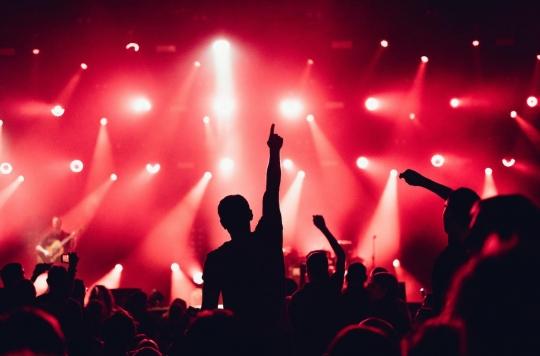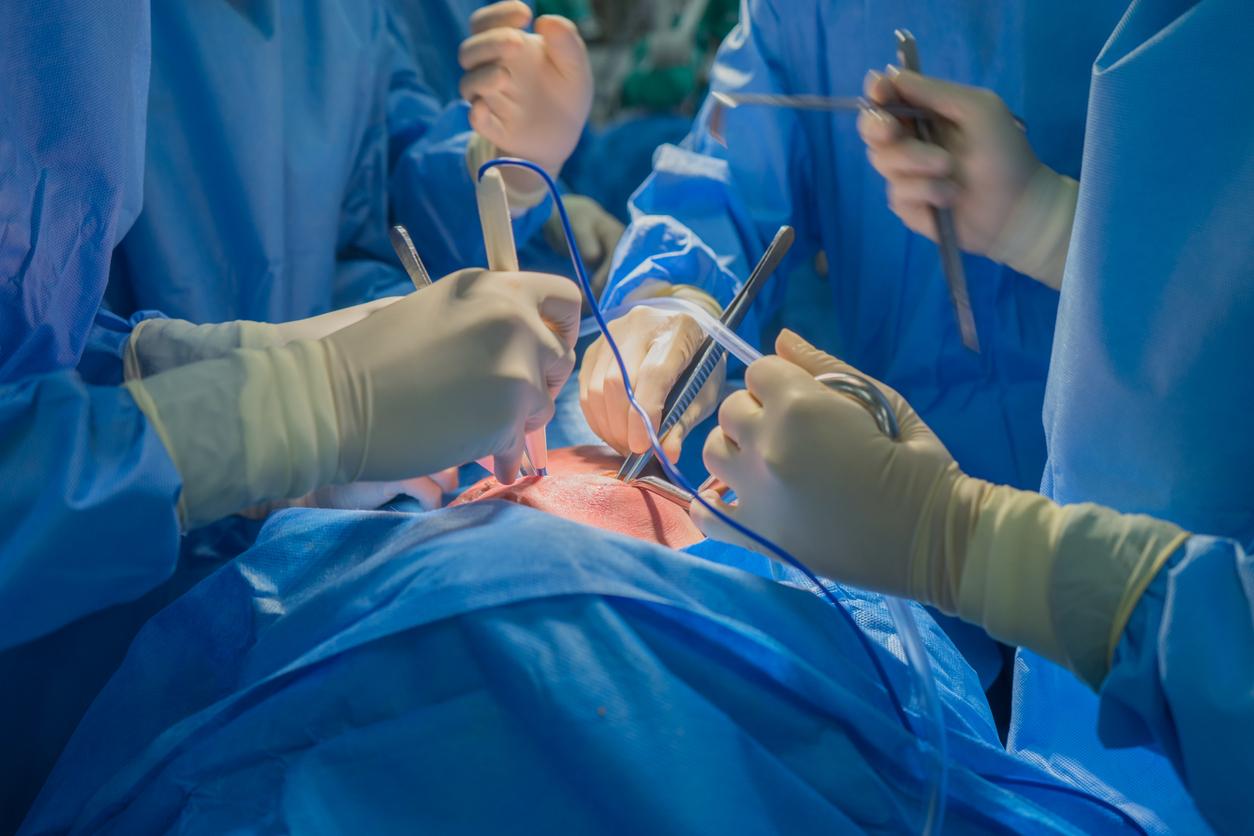In Leipzig, Germany, a concert bringing together 2,000 participants was organized by the University of Halle to study how such an event can be organized in the midst of a health crisis. The results are expected next fall.

- Only young people in good health were accepted as volunteers and had to present a recent negative test for Covid-19 and wear an FFP2 mask during the concert.
- Every movement and interaction of the spectators was recorded, as well as the trajectory of the aerosols.
To find out how to organize events bringing together several thousand people, nothing better than a life-size test. Pending the arrival of a vaccine, researchers from the University of Halle (Germany) organized a concert in Leipzig on Saturday August 22 with pop singer Tim Bendzko and 2,000 spectators. The objective is to study how it is possible to organize this type of event in the midst of a health crisis while respecting the necessary hygiene measures. The results are expected next fall.
A whole lot of data studied
For this event, the researchers wanted to minimize the risks as much as possible. For this, only young people in good health were accepted as volunteers and had to present a recent negative test for Covid-19. In addition, their temperature was taken when they entered the concert hall and all were equipped with an FFP2 mask inside. “There, I really realized that I was acting as a lab rat”, laughs Robert Siemer, one of the volunteers at the local television station Mitteldeutscher Rundfunk.
During the concert, every movement and interaction of the spectators was recorded. A device allowing them to trace all their movements and contacts has been assigned to them. Fluorescent products allowed the researchers to observe the surfaces touched by the latter. Finally, the trajectories of the aerosols exhaled by the spectators, in which the micro-droplets responsible for airborne contamination are found, were measured.
The cultural sector in crisis
All of this data collected should allow researchers to establish a mathematical model to assess the risks of propagation in a large concert hall. “This project should lay the groundwork for a Germany-wide restart of the entertainment sector as it is particularly affected by the restrictive measures linked to the pandemic”, advances the regional minister for science of the region of Saxony-Anhalt, Armin Willigmann, to Mitteldeutscher Rundfunk. The region is subsidizing this research to the tune of one million euros.
In France, culture is also very affected by the health crisis and the Prime Minister, Jean Castex, announced this Tuesday August 25 to allocate 2 billion euros to support this sector. In Germany, large gatherings are currently prohibited until the end of October, but the resumption of the epidemic could push this date back further.

.

















